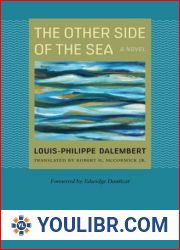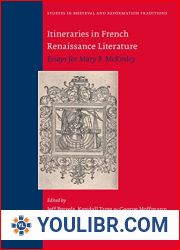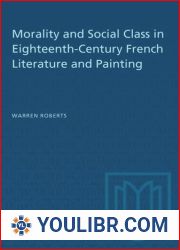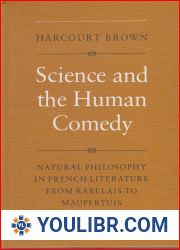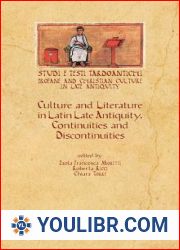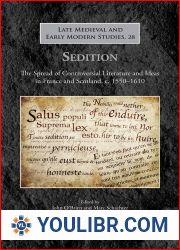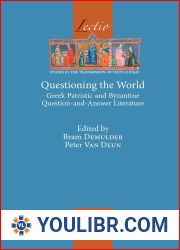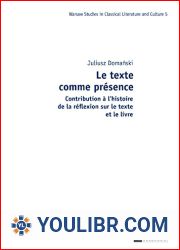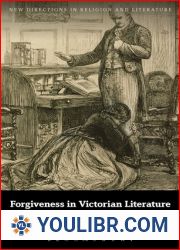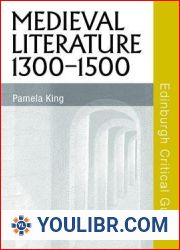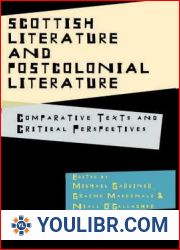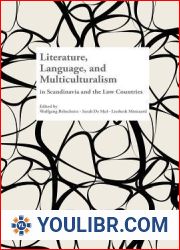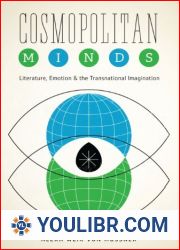
BOOKS - The Extraordinary Voyage in French Literature Before 1700


US $7.48

470201

470201
The Extraordinary Voyage in French Literature Before 1700
Author: Geoffroy Atkinson
Year: September 12, 2013
Format: PDF
File size: PDF 18 MB
Language: English
Year: September 12, 2013
Format: PDF
File size: PDF 18 MB
Language: English
From the INTRODUCTION 1. Definition The term Extraordinary Voyage is used in the present study to designate a novel of the following type: A fictitious narrative purporting to be the veritable account of a real voyage made by one or more Europeans to an existent but little known country - or to several such countries - together with a description of the happy condition of society there found, and a supplementary account of the travelers' return to Europe. By the terms of this definition the Extraordinary Voyage is an imaginary one. But even within the restrictions of a limited literary period, it would be futile to attempt to cover intensively so broad and varied a field as that of Imaginary Voyages in general. It is necessary to exclude from consideration accounts of travel by land only, of travel in familiar European countries, of voyages to other planets, of voyages made in dreams, by witchcraft, by charms, or other supernatural means. As the Extraordinary Voyage is an imaginary one - a novel - the term will not include accounts of voyages actually made, although these accounts may contain many or all of the characteristics of the Extraordinary Voyage barring that of a voyage made in the imagination rather than in reality. The term Extraordinary Voyage is then merely a label, convenient for purposes of classification. It implies, not of itself, but because it has been so defined here, the limitations which have been arbitrarily assigned to it. It is perhaps unfortunate that the terminology of literary history does not furnish a word which would imply the limitations above defined. The fact remains that there is no fitting term at present in use, so that limitation by definition becomes necessary. The reason for choosing the word and "extraordinary and " rather than any other is that the title Voyages extraordinaires has already been applied to this category by M. Gustave Lanson in designating the group of novels whose treatment is undertaken here.1 The main distinction between the Extraordinary Voyage as a type, and (for example) the Utopia of More or the Voyages of Cyrano de Bergerac, lies in the realistic treatment of the Extraordinary Voyage. The same distinction is found between the Extraordinary Voyage and the political satire of anagram names, or between the Extraordinary Voyage and the affected voyages in the lands of Love so common in the 17th century in France. It is precisely by the authenticated realism of their setting that the Extraordinary Voyage carried weight as works of religious, social, or political criticism....










